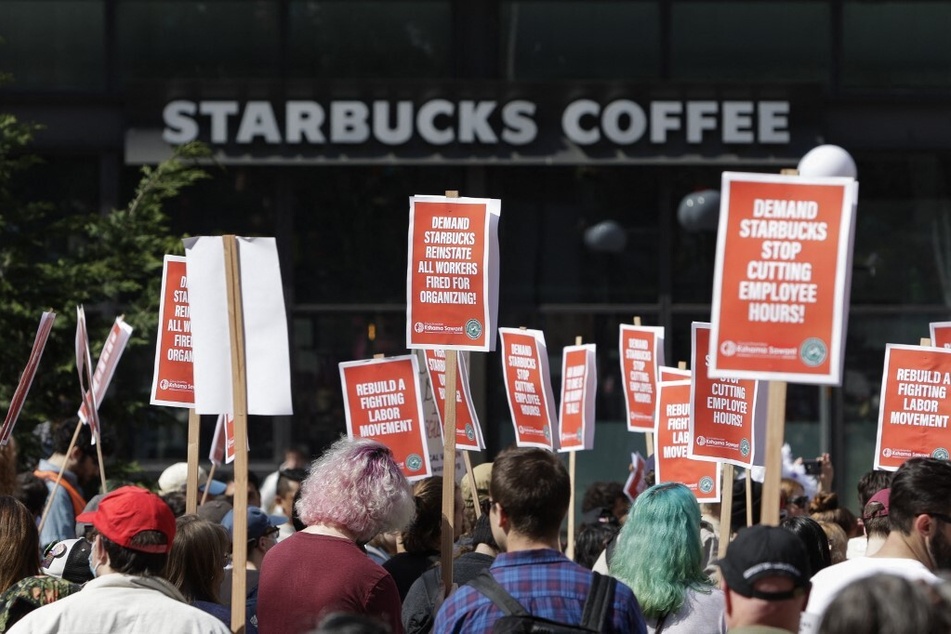Companies could face new fees for illegally firing workers, NLRB rules
Washington DC - Companies that unlawfully fire workers or otherwise retaliate against union activities may soon have to pay up!

The National Labor Relations Board (NLRB) on Tuesday ruled that companies charged with illegal union busting may get hit with new penalties.
The NLRB has said that employers will have to compensate workers they fire or demote over labor activism for credit card late fees, housing and transportation costs, child care costs, health care expenses, legal fees, and other financial damages incurred as a result of their termination, the Washington Post reported.
The move is seen as the NLRB's next step to protect workers at companies like Starbucks and Amazon, which have been charged with illegally firing organizers in effort to thwart unionization efforts.
"Employees are not made whole until they are fully compensated for financial harms that they suffered as a result of unlawful conduct," NLRB chair Lauren McFerran said in a statement.
Previously, if companies were found in violation of federal labor law, all they had to do was reinstate fired workers and pay lost wages. For enormously profitable companies like Starbucks and Amazon, the potential financial setback was seen as a mere drop in the bucket – one worth it to stop union efforts.
Under the new rules, the NLRB's top prosecutor must show that a company's retaliatory behavior caused direct financial damage to the impacted worker. Companies will have the chance to defend themselves before a decision is reached.
The NLRB's move is intended to create stricter consequences for companies that infringe on workers' basic right to organize.
Cover photo: JASON REDMOND / AFP
